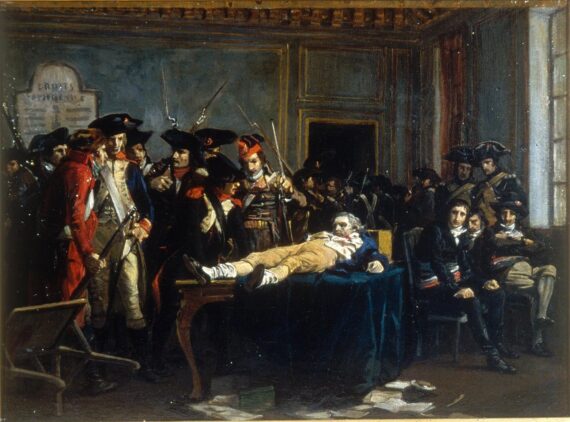… If that is true, it presents a real challenge to Soviet legal thought, as well as to Jeremy Kessler’s minimal historical materialist account of law. It introduces a large element of contingency, which may be difficult to square with historical materialism. In the end, this may bring Yakov Staroselsky closer to Nietzsche and Foucault, than to Marx…
Georges Canguilhem
2 posts
In her book, Rivals: How Scientists Learned to Cooperate (2023), Lorraine Daston traces the evolution of scientific cooperation from the eighteenth century to present times. Daston focuses on three periods which, she argues, capture different styles of scientific cooperation during the eighteenth, nineteenth, and twentieth centuries. Over the past three centuries, Daston identifies progress, culminating in the twentieth-century concept of “a scientific community.” [Continue reading here…]


